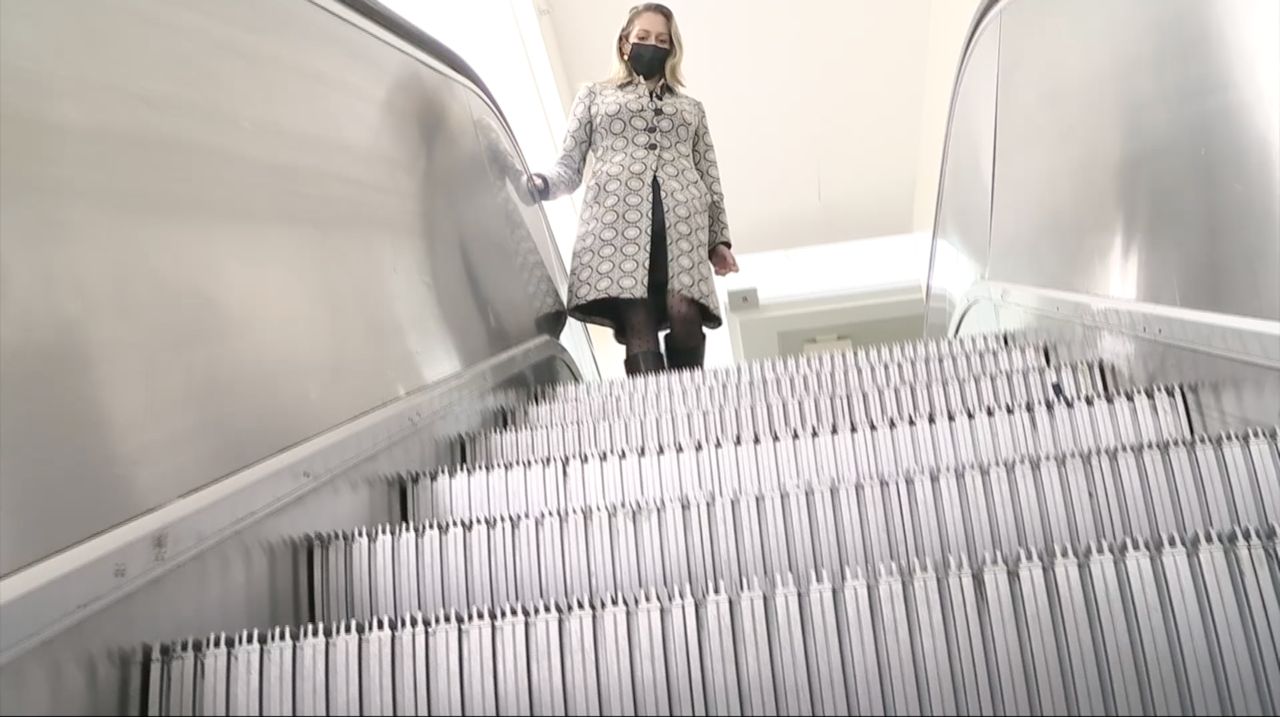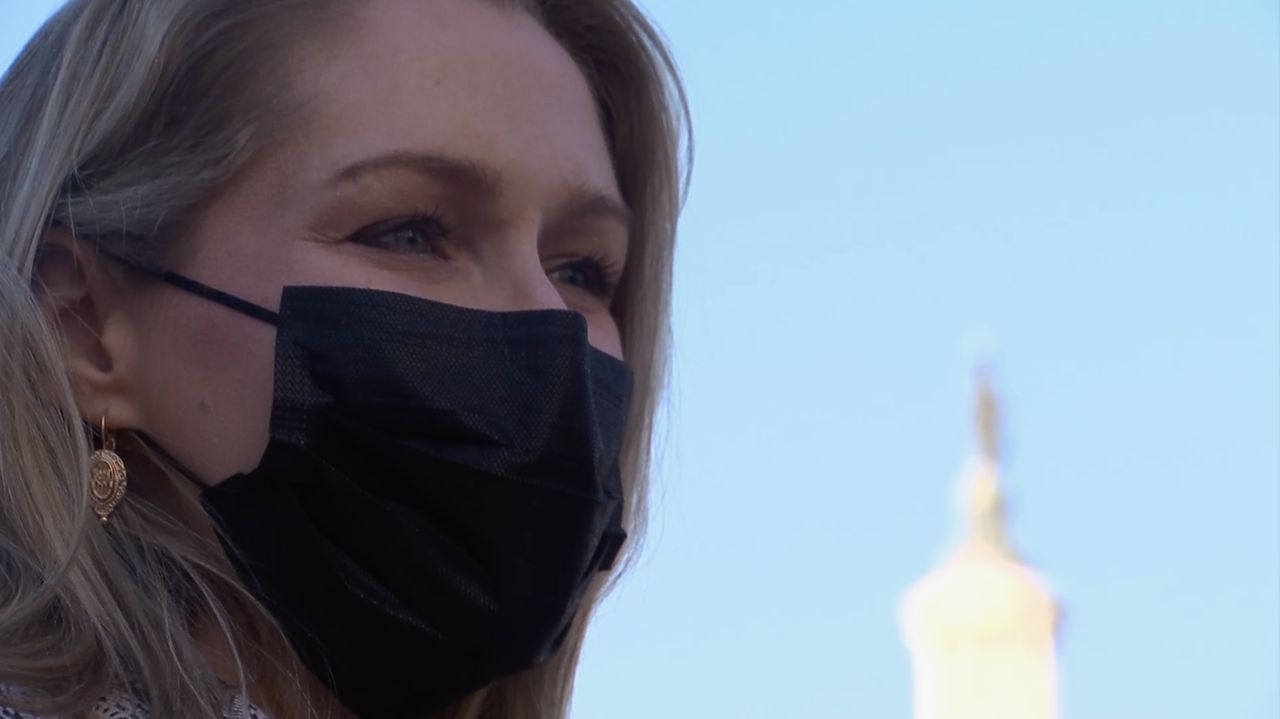One year ago on Thursday, supporters of former President Donald Trump stormed the U.S. Capitol as Congress was meeting to certify Joe Biden’s electoral win in a brazen attempt to overturn the results of the presidential election.
While the aftershocks of Jan. 6 can still be felt throughout America’s democracy, for many people who work at the Capitol, the anniversary of that grim day – which saw five people killed, and dozens more injured, including at least 138 police officers – hits close to home.
“The trauma from that day comes back with all the alerts that happen now," Sharon Nichols, a communications staffer for a Democratic member of Congress, told Spectrum News. "We get emails from Capitol police whenever they shut down an entrance or have a suspicious package, substance. I find the panic in me rising faster."

On that fateful January day, instead of working remotely, Nichols went to the Capitol for a COVID-19 vaccine. As she did, large crowds of Trump supporters were gathering outside to protest the certification of Biden’s victory in November's election.
“I was literally one room away from this vaccine,” she said. A U.S. Capitol Police officer suggested Nichols turn around and go home.
"We’ve come off this year, this horrible pandemic," she explained. "So many people have died from it. And I’m right – I'm in the door outside where my vaccine is."
Nichols said she asked the officer if she should stay to get vaccinated, then return home – he said she should.
She was receiving her COVID-19 vaccine when the barricades were breached. Just as she left the Health Unit at the Rayburn Office Building at the U.S. Capitol Complex, police ordered a lockdown. Nichols rushed to her office, where she was the only staff member present that day. Her only protection was the door's deadbolt.
"I kept the lights off for the most part," she told Spectrum News. "And I watched it all unfold on TV and on Twitter. So I was scared that it would unfold into a more coordinated attack."
Several hours later, Nichols was cleared to leave the Capitol.
In the early morning hours of Jan. 7, 2021, Vice President Mike Pence officially certified the election results for Biden, ending a long, arduous and horrifying day on Capitol Hill.
Since that day, there have been many reminders of the carnage that took place: A metal detector was installed off the House floor to check members for weapons. In April, a Capitol Police officer was killed and another was injured after they were mowed down by a driver. In August, a truck bomb threat forced evacuations. Last month, staffers were told to shelter in place after a Capitol Hill staff member unwittingly passed through a security checkpoint with a loaded handgun in his bag.
Since Jan. 6, more than 700 people have been arrested across the country in connection with the riot at the Capitol. Approximately 220 individuals have been charged with assaulting or impeding law enforcement, with dozens more pleading guilty and numerous cases still moving through the system.
The FBI is still working to identify suspects involved in the deadly insurrection, including the individual who is accused of planted pipe bombs near the Democratic National Committee and Republican National Committee offices.
In the wake of the insurrection, lawmakers raised the salary cap for top staff, proposed increases to office budgets and expanded access to mental health assistance programs.
But some advocates say that's not enough.
“There were a number of staffers who just quit and said this isn’t worth it,” said Bradford Fitch, the President of the nonpartisan Congressional Management Foundation.
Fitch, a former staffer himself, said more must be done to help staff cope with the mental trauma of that day.
“We have encouraged offices as this anniversary comes up, to consider not requiring staff to take live phone calls," Fitch said. "We know that the number of death threats coming in via the phone line has significantly increased."
Fitch believes ultimately more will be done to ensure the physical safety of staff following the events of Jan. 6.
“There will be additional security procedures to ensure the people that work there are protected," he said. "Whether that means greater investigation of people visiting, additional barriers."

Despite the challenges, Nichols says the work is worth it.
"Any time you get discouraged, you can turn a corner and suddenly get this view [of the Capitol], and it reminds you to be grateful again," she said.
She said knowing that democracy prevailed that day motivates her to press on.
“We work really hard, and we wouldn’t be here if we weren’t devoted," Nichols said. "Getting to play a small part in creating those laws is meaningful for me."



